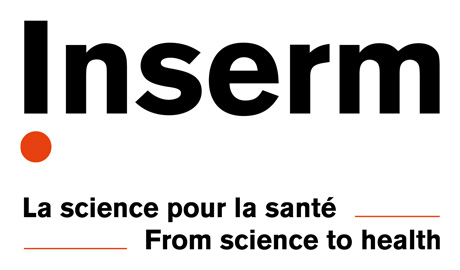





Type of contract
Location ,
Statut
Key Words
Details of the offer
Type of job
Type of contract
Application deadline
Employment start date
KEY WORDS | patch-clamp, optogenetics, brain slices |
CITY | Amiens |
COUNTRY | France |
DETAILS OF THE OFFER | Working place: University Center of Scientific Health Research (CURS, in French) in the University hospital / INSERM group of Pr M. Naassila (GRAP, Groupe de Recherche sur l'Alcool et les Pharmacodépendances, UMR 1247, France) The INSERM group of Pr M. Naassila (GRAP, Groupe de Recherche sur l'Alcool et les Pharmacodépendances, UMR 1247, France - https://grap.u-picardie.fr/), is looking for a postdoctoral researcher to study the neuronal mechanisms of psilocybin, a psychedelic that has recently shown, promise in the treatment of drug addiction. This research is part of the national ANR translational project PAPAUD, including clinicians and preclinicians partners, which seeks to investigate the application of psychedelics in patients with alcohol use disorder, while elucidating their mechanisms of action (see our publications : https://doi.org/10.1126/sciadv.abh2399 ; https://pubmed.ncbi.nlm.nih.gov/38554193/ ). In this work, the GRAP uses animal models of binge drinking and alcohol addiction to study the behavioral and neuronal mechanisms underlying alcohol use disorder in order to develop new therapeutics.
Qualifications: Highly motivated individuals with a PhD in Neurosciences and a strong background in ex vivo electrophysiology (neuronal excitability, spontaneous synaptic transmission, transmembrane current recordings and analysis). Knowledge about synaptic plasticity (long-term potentiation and long-term depression) would be a plus. Previous experience with optogenetic, immunofluorescence or molecular biology is welcome. Successful candidates are enthusiastic, responsible, and able to perform their own experiments and analysis. They can provide suggestions and support in experimental design and experimentation to other members of the group. It is an advantage if you already have performed a 2 years pots-doc after your PhD. What do we offer?
|
TYPE OF JOB | PhD position |
TYPE OF CONTRACT | CDD (temporary / 2 years) |
REMUNERATION | 4000 ¤/month (This is a competitive salaried position starting from 50 000¤ / year) |
EMPLOYMENT START DATE | As soon as possible or as agreed |